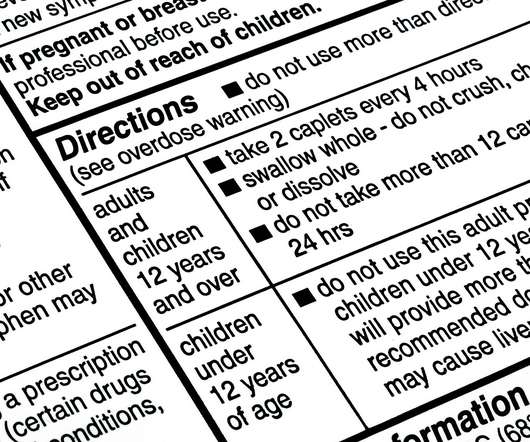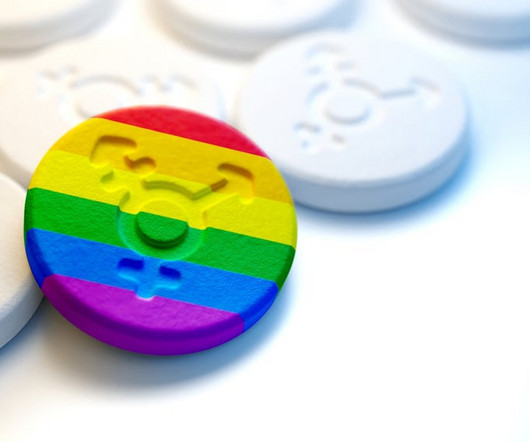How NLP Helps Life Sciences Companies Unlock Insights from Drug Labels
PM360
NOVEMBER 29, 2022
Drug labels hold value for life sciences companies because they are rich, extensive documents that can be used across labeling, regulatory, safety, and medical affairs. Typically, a drug label refers to any information provided with prescription drugs, as requested by regulators such as the U.S.












Let's personalize your content